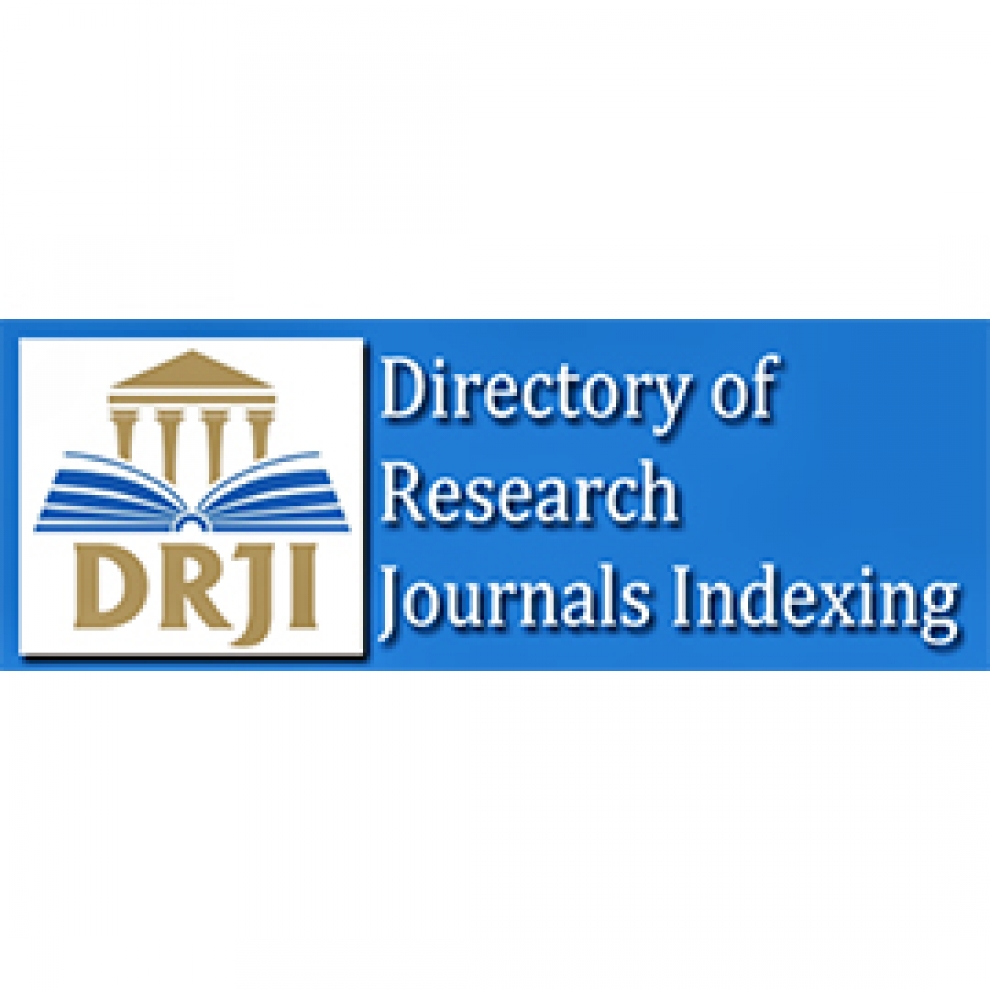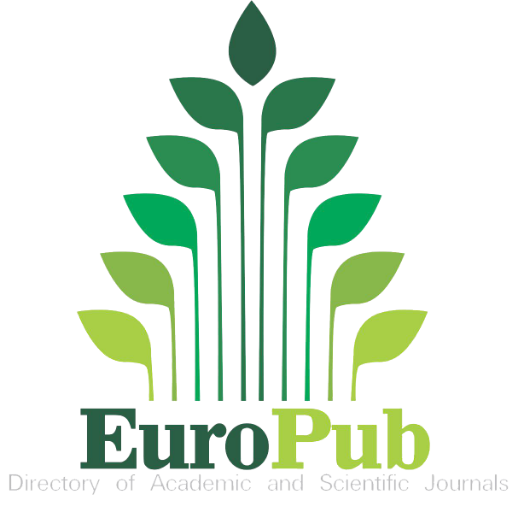La neutrosofía para tratar la incertidumbre de trastornos mentales en la tercera edad
Palabras clave:
Uncertainty, mental, ake of decisions, diagnostic upsets, symptoms, factors of risk.Resumen
The mental upsets are affections or psychic syndromes and conduct ales, opposed to the town of the individuals that enjoy good mental health. They are varied the causes of the mental illnesses.The biological factors are one of the more common causes. Of similar form a traumatic injury of the brain can conduct to a mental upset. The exposition of the mother during the embarrassments to virus or chemical toxics constitutes other causes, of similar form exist other factors capable of increase the risk of suffering of mental upsets, just as the use of illegal drugs or suffer a medical serious condition. The more common illnesses when you exist mental upset is the stress, the neurosis, the hypochondria, the disorder of the somatization, the factitious disorder, the schizophrenia, the paranoia, the cheerful maniacs, the depression, the mania, maniac depressive creativity, the mania-depressive, the delirium, the madness and the narcissism. All they possess symptoms and factors of common risk when begin to show oneself, for which results difficult decide to prior the mental illness that it can possess a patient. Before this situation finds to him present the uncertainty the who impedes carry out an appropriate diagnosis to control the illness. Based on it before related, the present study has as objective, make use of the neutrosofía| as field of the representation of the uncertainty, useful to lean it takes of decisions and decide to priori the illnessthat is suffering a patient with mental upsets.
Descargas
Publicado
Número
Sección
Licencia

Esta obra está bajo una licencia internacional Creative Commons Atribución-NoComercial-CompartirIgual 4.0.




















